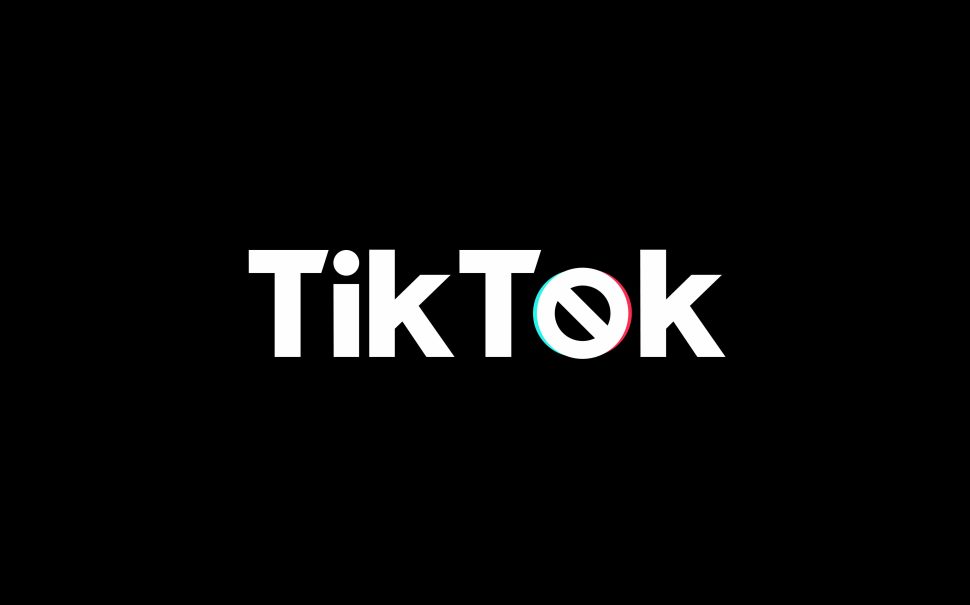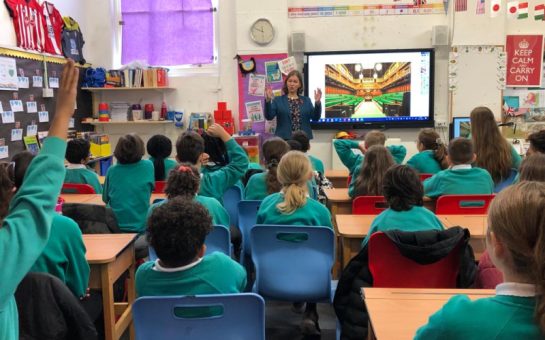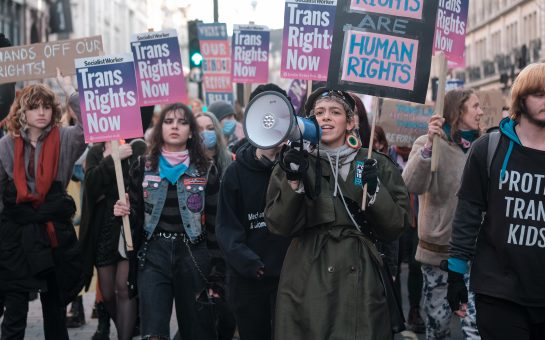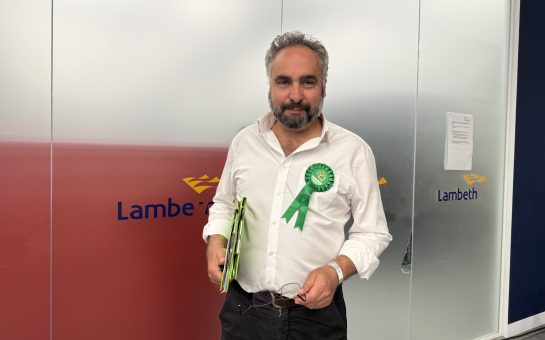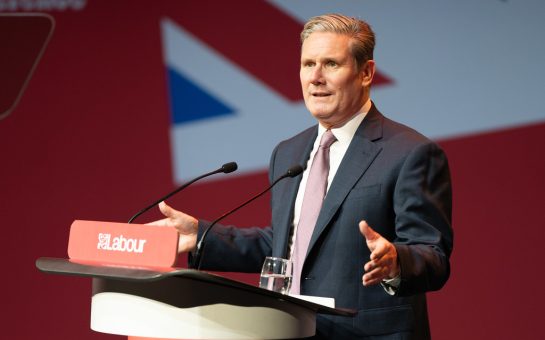Westminster is engaging a new generation by using TikTok as an election strategy, but research has shown that the app’s political content is less trustworthy than other digital channels.
London-based creative effectiveness platform DAIVID has revealed that viewers are 20% less likely to trust TikTok’s content than Youtube and find it 21% more confusing.
This research is reinforced by the BBC’s Undercover Voters project, which created 24 fictional profiles across the main social media sites.
It revealed that TikTok has the liveliest political conversation amongst young people, but they are being exposed to misleading and divisive content.
A spokesperson from 5Rights Foundation, a charity focused on reimagining children’s digital worlds, said: “Children are particularly vulnerable to misinformation as they get most of their news online and can be unable to distinguish between what is true and what is false.”
This year’s election has been called the UK’s first TikTok election as Labour, the Conservatives and the Liberal Democrats all joined the app days after the election was called on May 22.
It's being called 'the TikTok election', but just how much of an impact will videos from political parties on the app have on voters?@JonnyHarvey3 | https://t.co/Ks7a6dIJE8 #politicslondon pic.twitter.com/4E5SYSGKr6
— BBC London (@BBCLondonNews) June 9, 2024
Recently popular TikTok videos have included AI-generated clips suggesting that 18-year-olds would be sent to war zones in Ukraine or Gaza as part of Rishi Sunak’s national service pledge, or that Sir Keir Starmer was accountable for the failure to prosecute serial paedophile Jimmy Savile.
In a written statement, Tiktok’s senior government relations and public policy manager Giles Derrington said: “TikTok’s trust and safety teams consistently enforce our policies to detect and remove misinformation. We are aware that these risks can increase during election periods.”
According to Ofcom, TikTok has seen the largest increase in use of any news source between 2020 and 2022.
The research also showed TikTok is the most popular source of news in children aged 12 to 15.
The younger generation’s TikTok use has not translated into political knowledge, however.
A survey conducted by Opinium in February revealed that 70% of under 18-year-olds in England and Wales are unable to name their local MP with 59% unaware of the party they belong to.
A ground-breaking political literacy programme, Our Generation, Our Vote, has launched to involve and educate children in politics through a mass under-age election, with 80,000 under 18-year-olds registered to participate and results announced on June 28.
Farida Aboubacar, 17, who is participating in the vote, said: “There’s a lot of controversy surrounding this election, and everyone is really involved in it.
“Now around 80% of what I see on TikTok is to do with UK politics.
“The good thing about TikTok is that it is digestible and easy to understand, I think lots of my friends have really benefitted from this short form content.
“In general, I think the danger is that seeing a couple of videos on social media influences people a lot. That’s the danger of being in an echo chamber on TikTok.
“At the end of the day, it’s always a person speaking about the political parties and people are biased regardless of the platform, I remind myself that this is someone’s opinion.”
